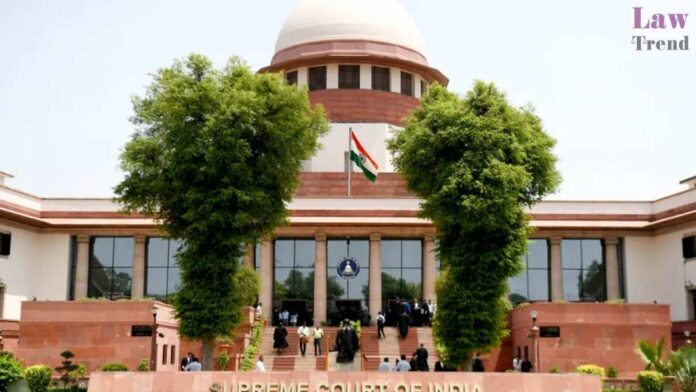The Supreme Court of India, in a significant ruling on civil procedure, has held that a High Court, while hearing a second appeal, cannot frame and decide a new substantial question of law that was never raised in the pleadings or evidence before the lower courts. Setting aside a Kerala High Court judgment that had
To Read More Please Subscribe to VIP Membership for Unlimited Access to All the Articles, Download Available Copies of Judgments/Order, Acess to Central/State Bare Acts, Advertisement Free Content, Access to More than 4000 Legal Drafts( Readymade Editable Formats of Suits, Petitions, Writs, Legal Notices, Divorce Petitions, 138 Notices, Bail Applications etc.) in Hindi and English.




